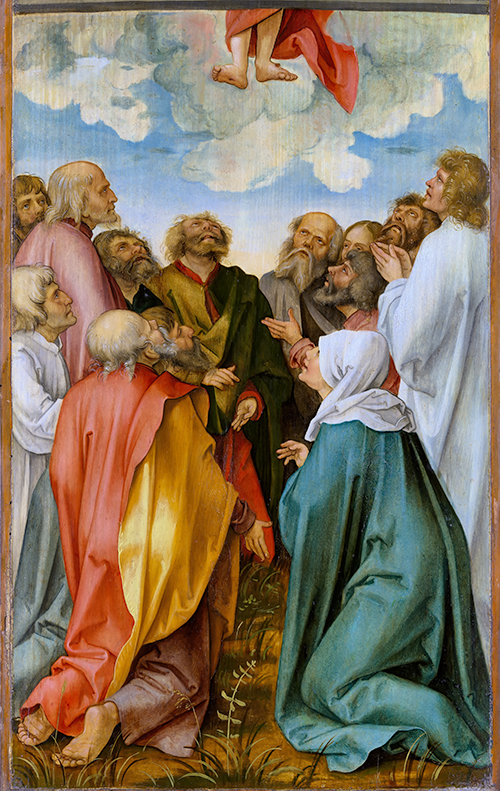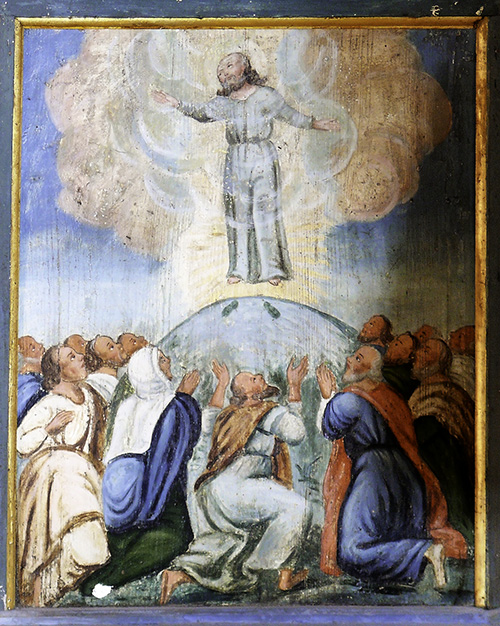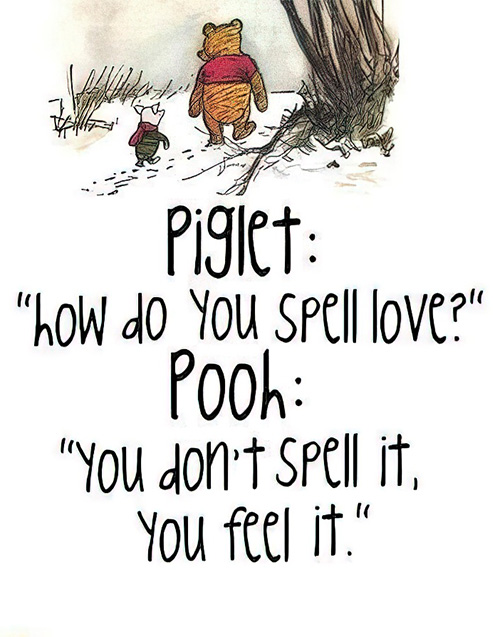Ascension Sunday – that moment when it came time for Jesus the Christ to conclude his earthly ministry and return to his place with his Abba/Father.
I would invite you to reflect on two “other than” paintings of this moment of Ascension.
The first is titled, “The Ascension of Christ” and is by the German artist Hans Suess Von Kulmbach. Painted in 1513, the picture now hangs in The Metropolitan Museum of Art, New York, NY.

What I find striking is very little of the ascending figure of Jesus, the Christ, is visible – shins and a pair of bare feet! What is in sharp focus is those gathered to farewell Jesus.
Maybe, that is the point of the Ascension story; not the one departing rather those staying!
This is highlighted by the second artwork. Painted sometime in the 18thC by Hans Stiegler, it is part of a diptych on the North Gallery of the Amandus Church, Freiberg, Germany.

Certainly, more of the person of Jesus the Christ is visible, however, a close inspection of the painting reveals something extraordinary – He is leaving his shoes behind!
The 16th C Spanish mystic St. Teresa of Ávila may provide us with an answer. There is a prayer attributed to Teresa which is printed under the title, “Christ has no body now but yours”. The prayer reads
“Christ has no body now but yours.
No hands, no feet on earth but yours.
Yours are the eyes through which he looks compassion on this world.
Yours are the feet with which he walks to do good.
Yours are the hands through which he blesses all the world.
Yours are the hands,
yours are the feet,
yours are the eyes,
you are his body.
Christ has no body now on earth but yours.”
Maybe, the shoes have been left for us to fill, and rather than looking skyward, we are invited to step into the shoes of the other!



